News: World Trade System
Services Domestic Regulation - Doing the Obvious
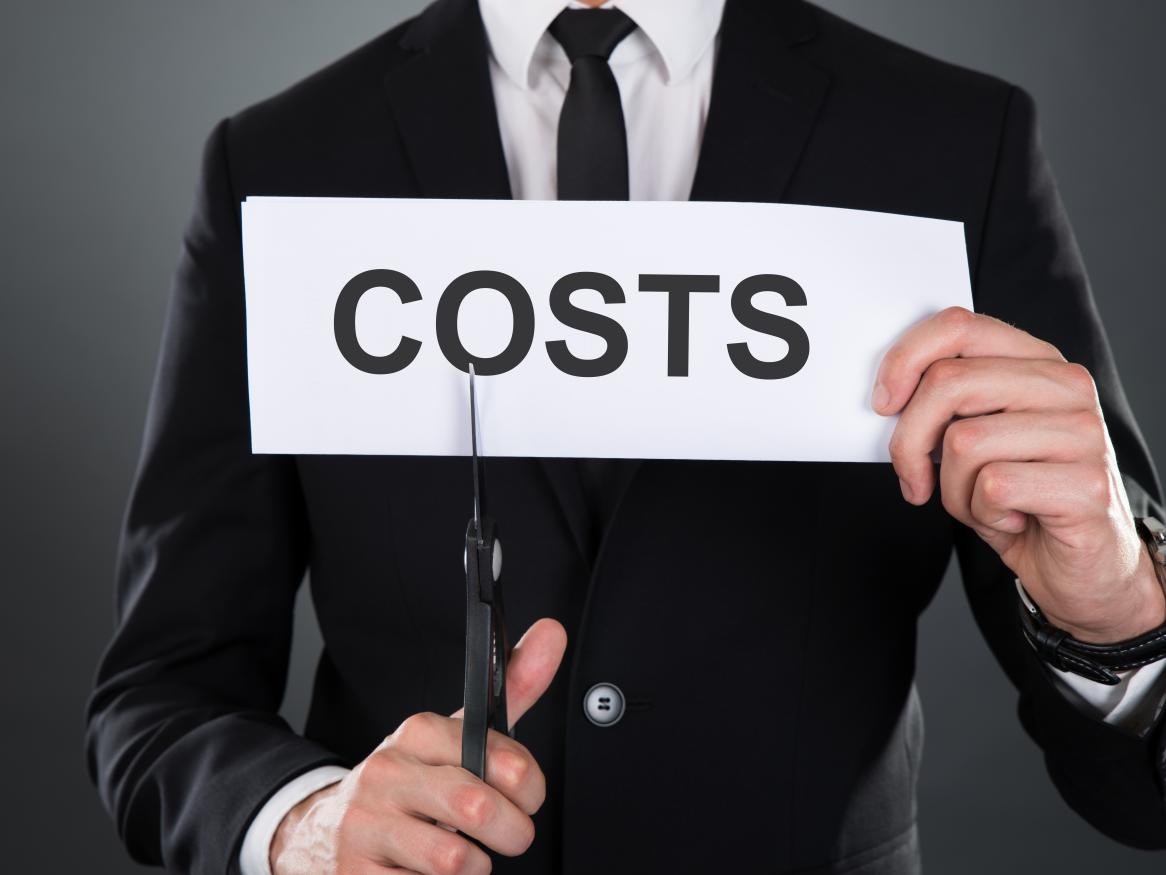
Markus Jelitto is Counsellor at the Services Trade Division, WTO Secretariat, Geneva.
Services Trade has been growing continuously over the past three decades and was worth USD 13.3 trillion in 2017. Services value added accounts for almost half of all world trade (goods and services combined). Despite these impressive figures, the 2019 WTO World Trade Report finds that costs of trading services are about twice as high as trade cost for goods. A significant portion of these costs are attributable to regulatory divergence, as well as opaque regulations and cumbersome procedures. Through the development of disciplines on services domestic regulation, a group of currently 63 WTO members has set out to address these cost factors.
[Read more about Services Domestic Regulation - Doing the Obvious]
Chasing The Windmill: What is wrong with the US approach on developing country status
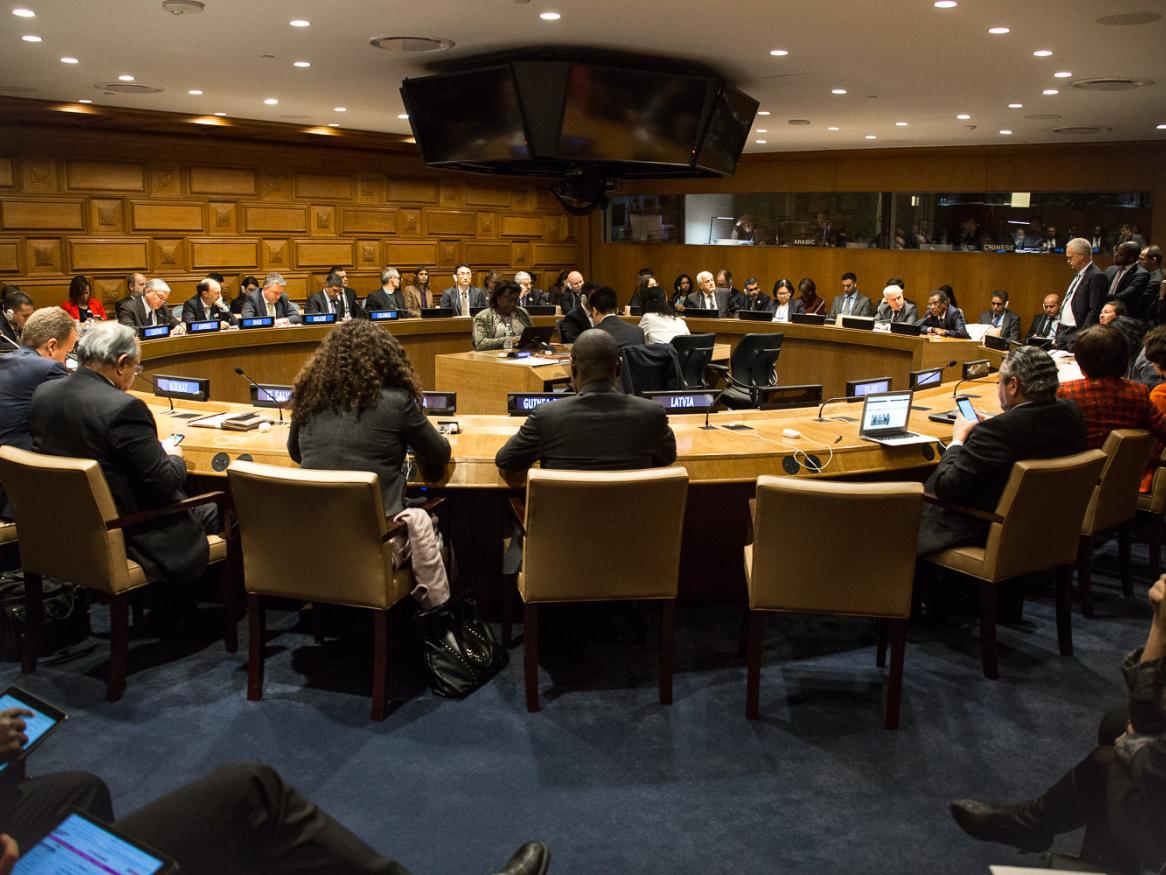
Professor Xiankun LU is former senior trade diplomat of China to the WTO and now Managing Director of the consulting firm LEDECO Geneva.
The polarized positions in the WTO, particularly between the US and China, on developing country status and ‘special and differential treatment’ (S&D), makes it not only difficult to find a solution on this issue, but also impossible to foresee solutions on other issues demanding WTO reform.
The market is a powerful instrument to counter human rights violations in China
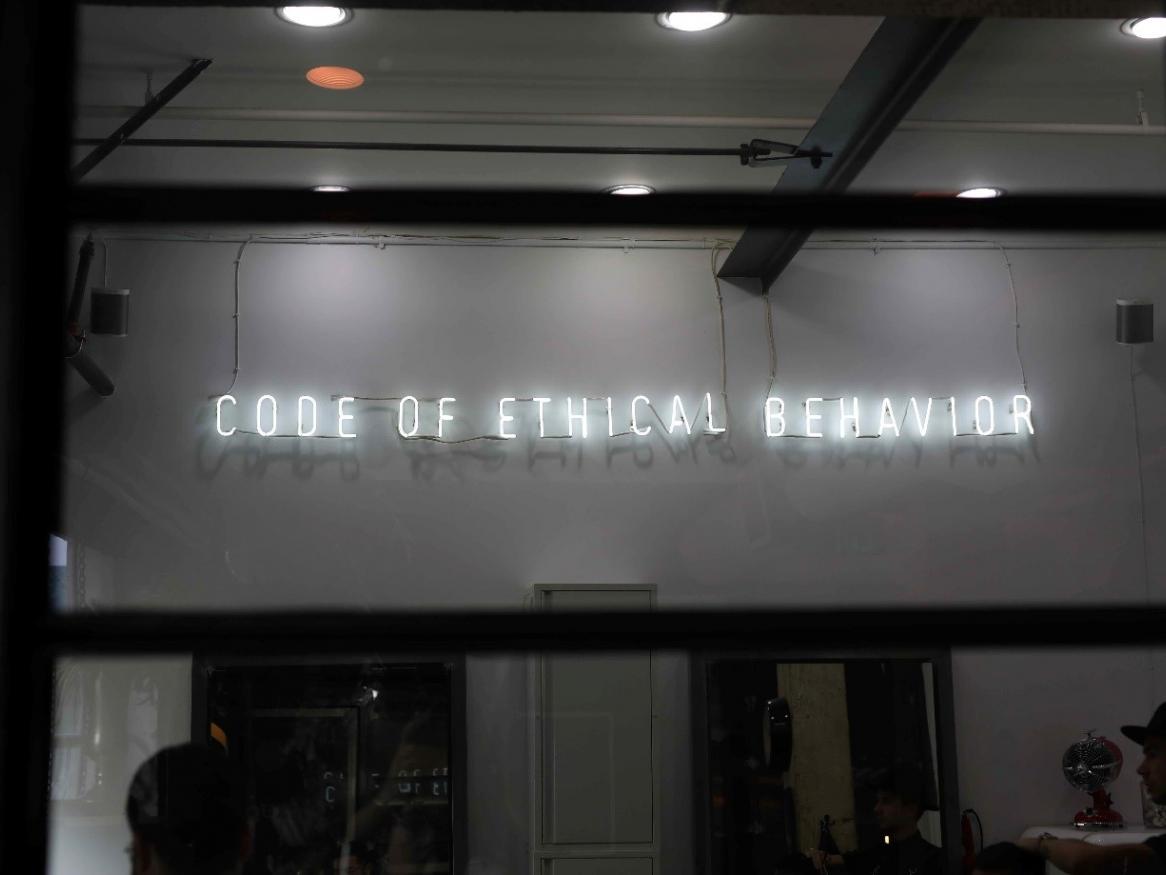
Andreas Freytag, Professor and Chair of Economic Policy, Friedrich Schiller University, Jena and Visiting Professor with IIT
European Union (EU) foreign ministers have finally responded to China's documented human rights abuses by imposing sanctions on four individuals and one organization believed to be substantially involved in the oppression of Uyghurs in north-western China. Reports of the Chinese government's treatment of the Uighurs provide evidence of mass detention and human rights abuses.
[Read more about The market is a powerful instrument to counter human rights violations in China]
Putting “Values” into Value Chains in an Era of System Rivalry
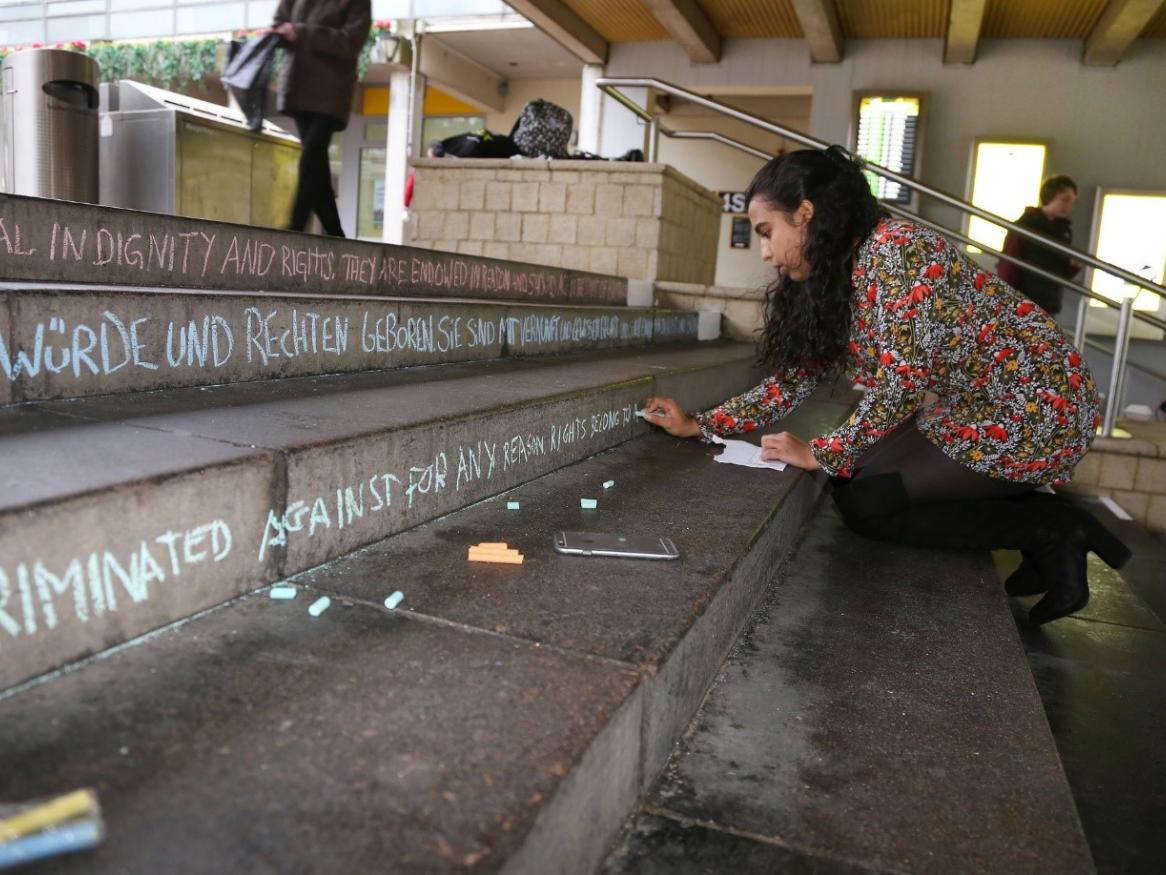
Naoise McDonagh, Lecturer in Political Economy, Institute for International Trade.
The EU and U.S. have a history of using trade agreements to project their value-systems on trading partners. The EU is forthright about this goal, stating: “projecting our rules and values in trade agreements helps the EU shape globalisation, especially on issues like human rights, working conditions and environmental protection”
[Read more about Putting “Values” into Value Chains in an Era of System Rivalry]
An Opportunity for Leadership on Trade Secrets Protection in the Australia-UK Free Trade Agreement

Douglas C. Lippoldt, International Trade Economist & Senior Fellow, CIGI, and Mark F. Schultz, Professor & Goodyear Chair in IP Law, University of Akron School of Law
The proposed Australia-UK Free Trade Agreement aims to promote innovation as a key priority, with provisions in support of bilateral foreign direct investment, balanced protection of intellectual property rights, and co-operation in research and development (R&D).
IIT Monthly Newsletter - March 2021
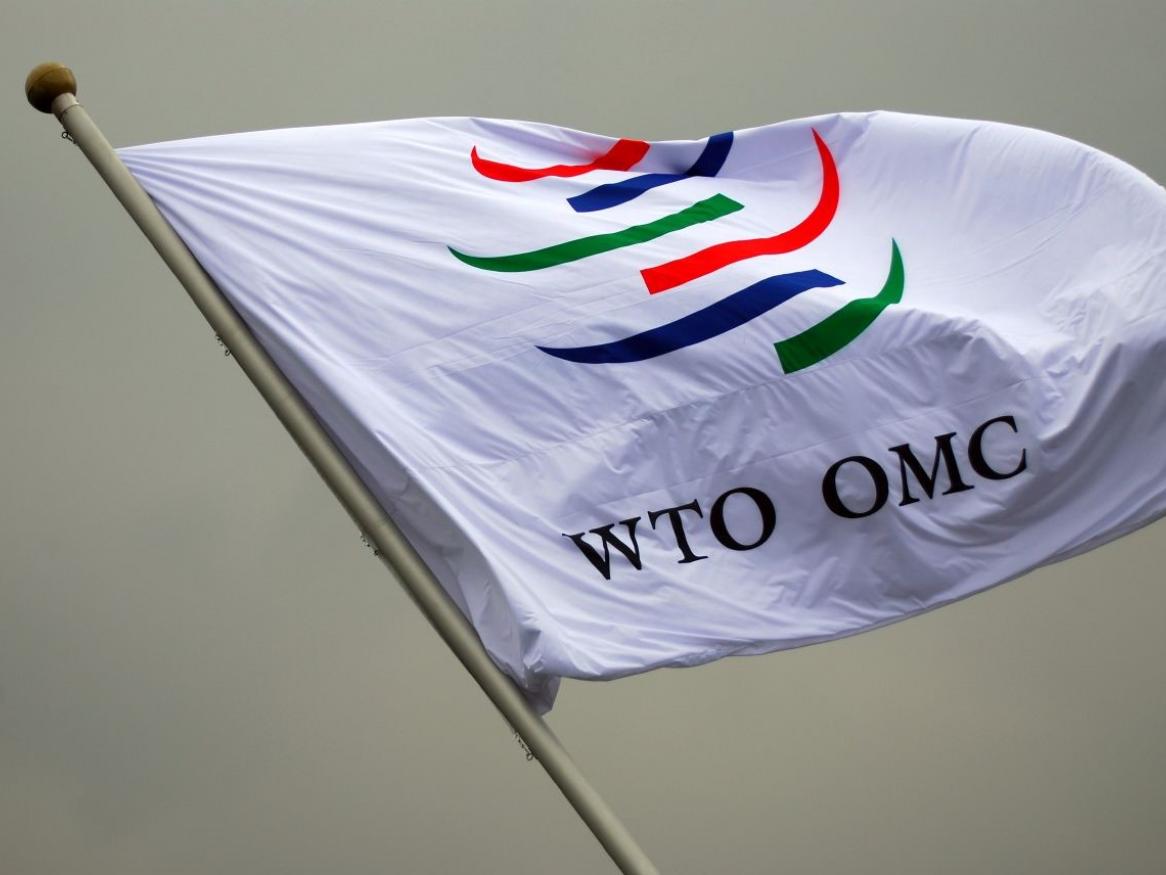
IIT Monthly Newsletter - March 2021. This edition of our monthly newsletter contains a rich set of insights into the challenges confronting the world trading system. Australia, being a middle power with extensive trade interests, has a strong stake in how they are addressed.
With a new Director General, can the WTO become a force for progress again?

Andreas Freytag, Professor and Chair of Economic Policy, Friedrich Schiller University, Jena and Visiting Professor with IIT
Six months after the resignation of Roberto Azevédo the World Trade Organization (WTO) finally has a new leader. With Dr. Ngozi Okonjo-Iweala, the WTO is breaking new ground twice: for the first time in WTO history a woman is the Director-General, and for the first time the WTO is headed by an African woman.
[Read more about With a new Director General, can the WTO become a force for progress again?]
Is plurilateralism making the WTO an institutional zombie?
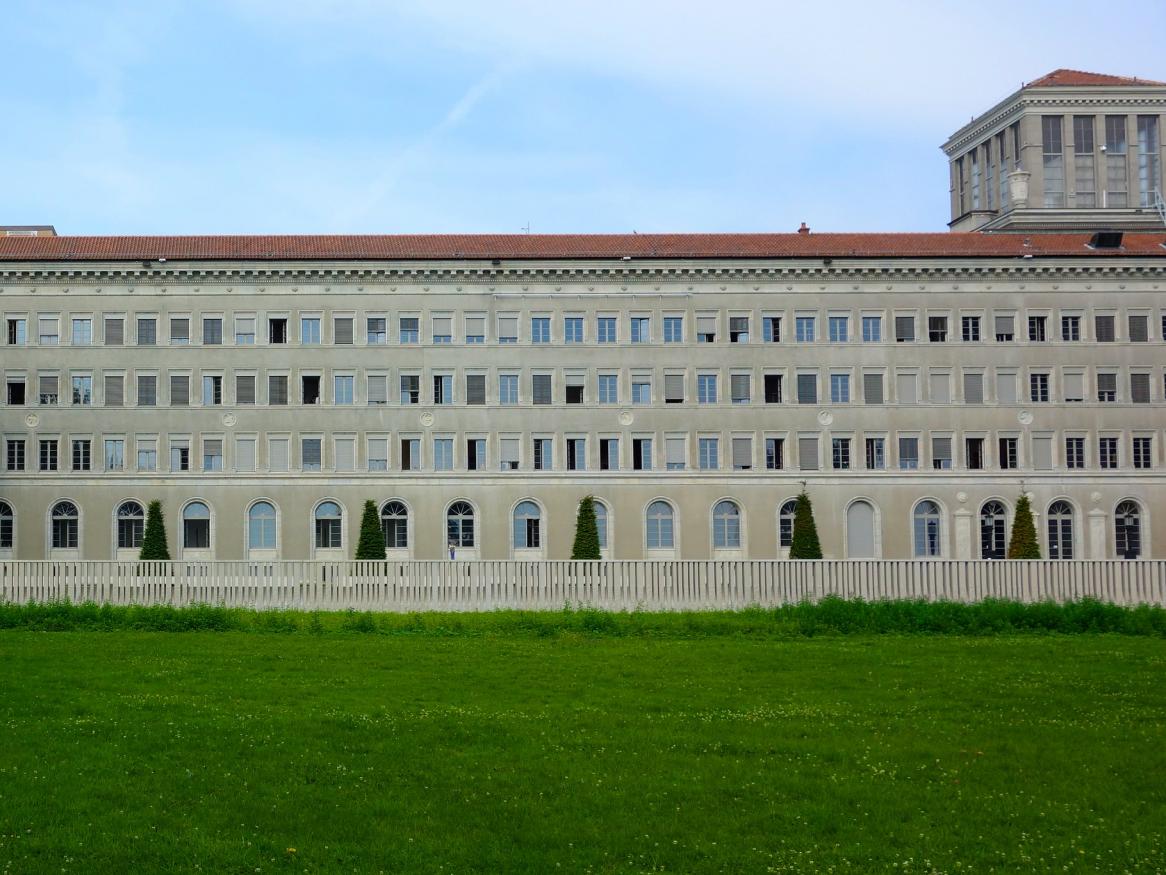
Dr Naoise McDonagh is Lecturer in Political Economy at the Institute for International Trade.
The World Trade Organization’s (WTO) 2014 Trade Facilitation Agreement is the only significant multilateral agreement it has concluded since its inception in 1995. Against that success, significant failures stand out.
[Read more about Is plurilateralism making the WTO an institutional zombie?]
Morphing Risks to Australia’s Goods Trade with China
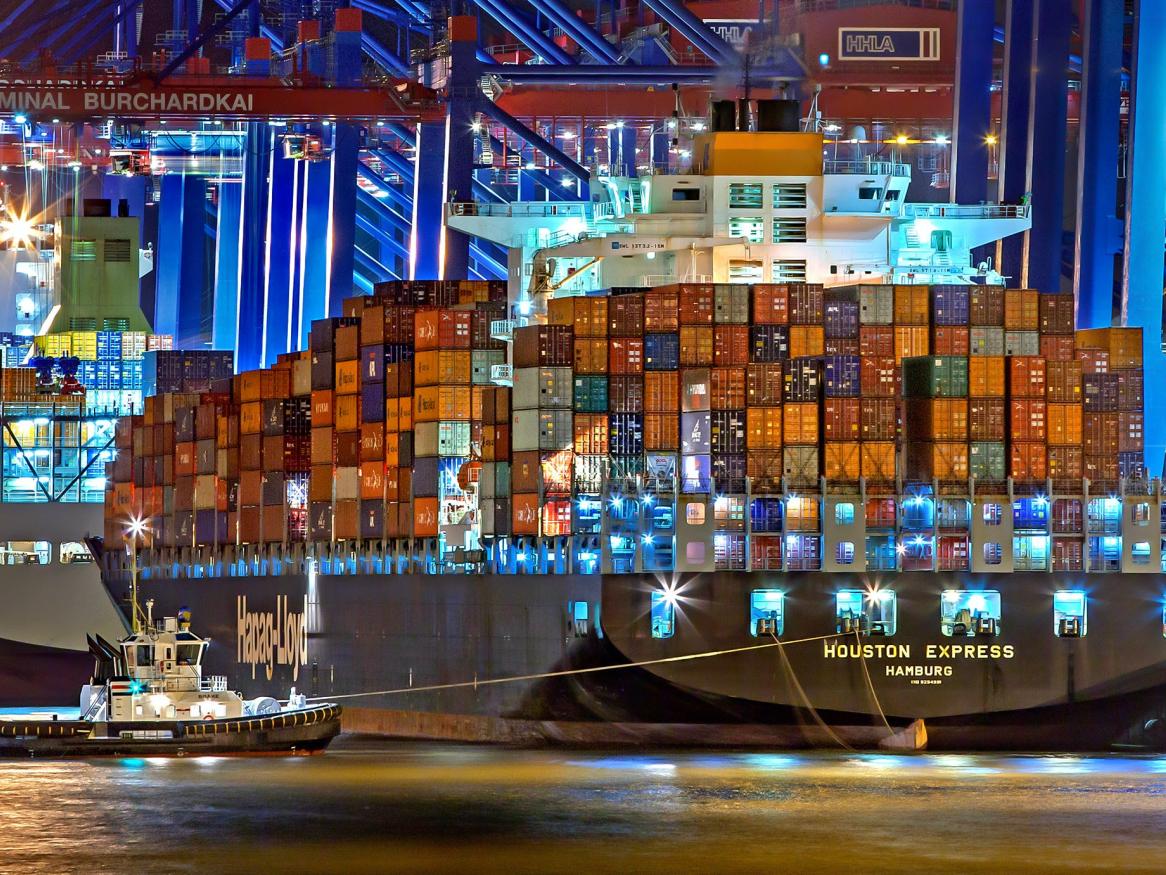
WORKING PAPER 02
At the start of 2020, the US-China Economic and Trade Agreement (the Phase One Agreement or Agreement) captured the attention of Australian policy makers and business. China had agreed to substantially increase goods imports from the United States in 2020 and 2021 and to accept certain US standards and conformity assessment procedures to assist US companies to access Chinese agricultural markets.
[Read more about Morphing Risks to Australia’s Goods Trade with China]
Rethinking WTO Rules on Chinese Industrial Subsidies, and Approaches for Future Reform
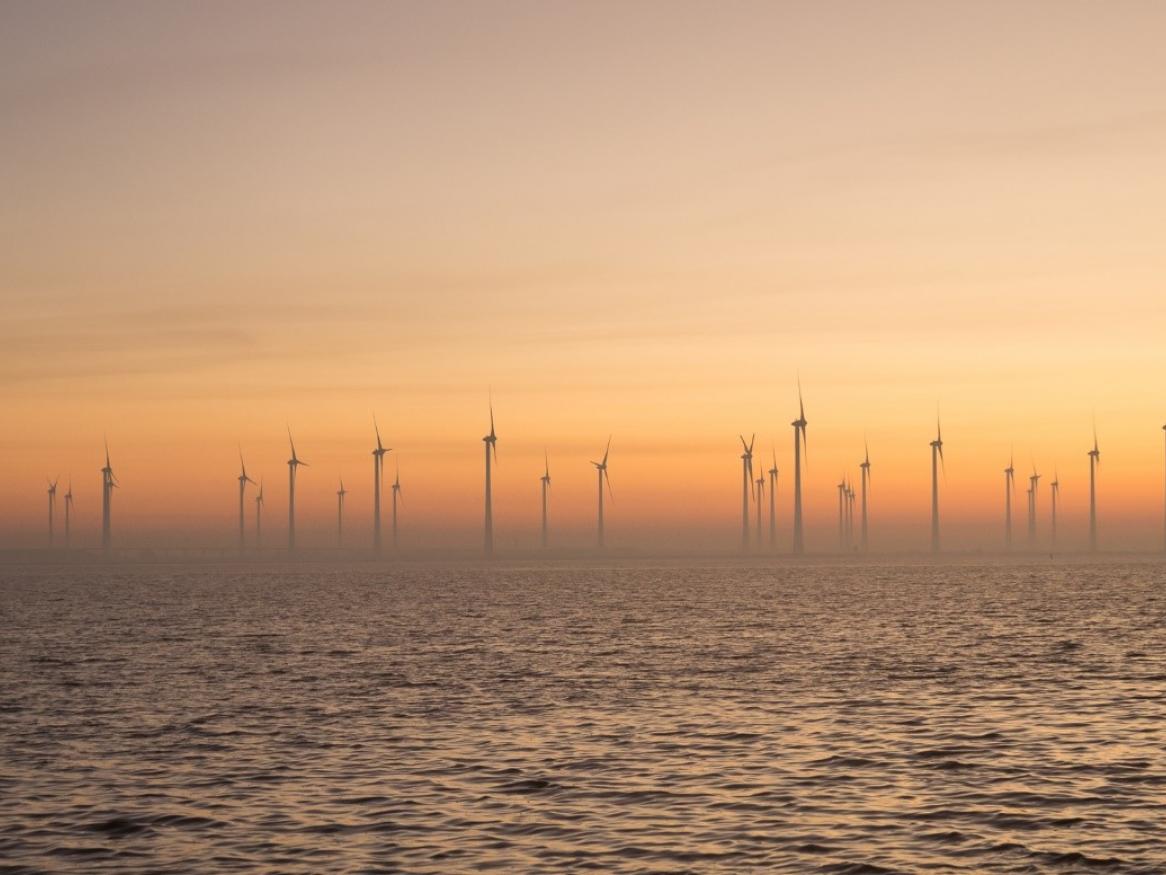
Weihuan Zhou is Associate Professor, Director of Research, and Member of the Herbert Smith Freehills China International Business and Economic Law (CIBEL) Centre, Faculty of Law and Justice, UNSW Sydney. Mandy Meng Fang is Assistant Professor, School of Law, City University of Hong Kong.
The reform of WTO rules on industrial subsidies should be based on a better understanding of the efficacy of the rules on China and fresh principles and approaches. It is time for governments to rebuild the political will needed for international cooperation.
This work is licensed under Commons Attribution-NonCommercial-NoDerivatives 4.0 International License.
IIT is a global leader in researching, analysing and commenting on International Trade.
Stay informed about our up-and-coming seminars, events, publications, awards, new projects and collaborations, and other exciting news.
